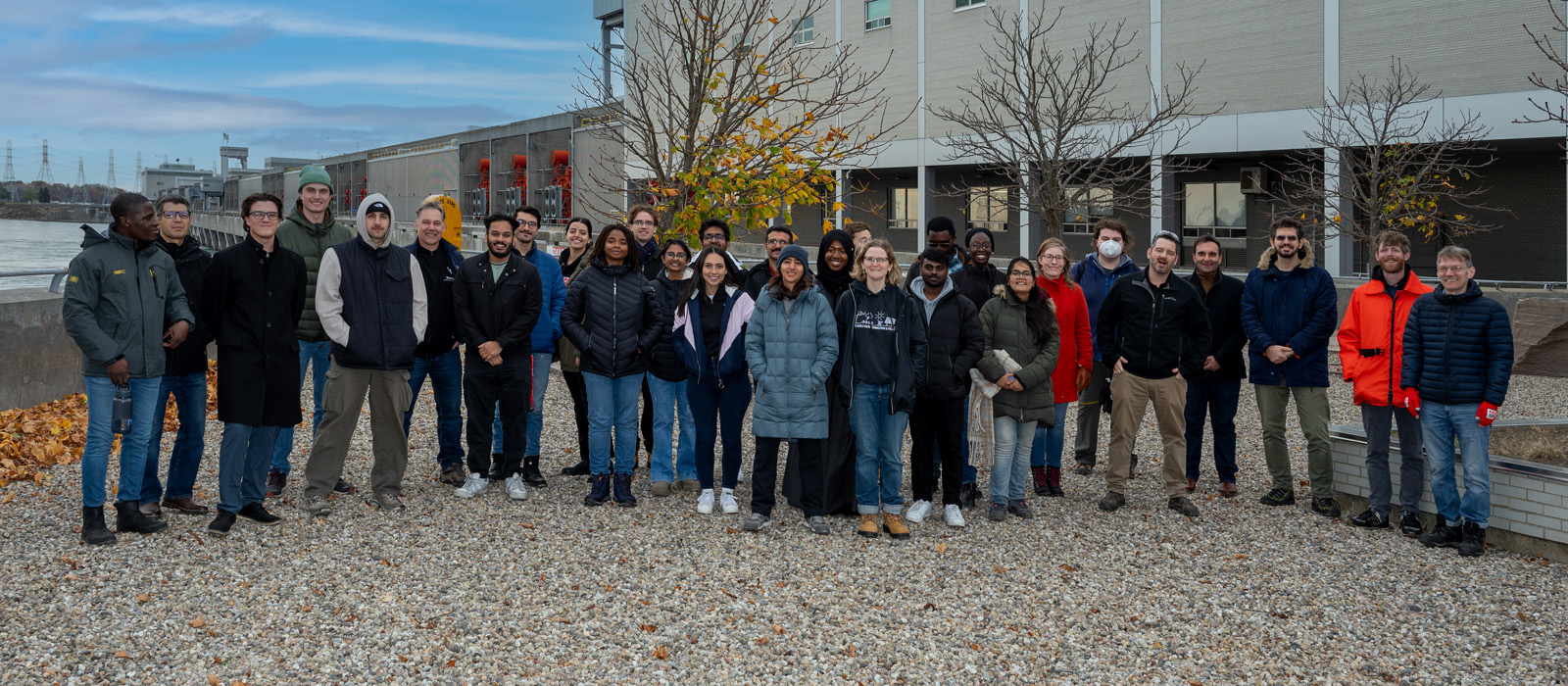The most effective measure we can take to combat climate change is to deeply decarbonize the global energy system.
This, of course, is easier said than done. For two centuries, fossil fuels have powered the rise of industrial civilization, bringing increased affluence and improved quality of life. They still provide 80% of the world’s energy as well as feedstocks for the manufacture of many products including steel, fertilizers, chemicals and plastics. Our energy systems are having profound effects on our world.
This program strengthens background in both the technical and the policy dimensions of energy systems and decision-making.
Following an interdisciplinary approach, students conduct analyses of the engineering considerations, economic implications, and policy instruments that affect public and private choices around sustainable energy. By becoming conversant in multiple domains that are critical to this socio-technical transition, graduates will be able to interpret and respond to emerging technologies or new policies, without regarding some as “black boxes”. They will also be able to communicate effectively across disciplinary boundaries.
Energy underpins all our major systems of social provisioning.
It helps define how we move people and freight, build our cities, operate the agri-food system, and so much more. It impacts health, employment, welfare, and equity. It engages with multiple areas of public policy, including transport, housing, public health, urban affairs, Indigenous issues, industrial policy, agriculture and food, national security and trade, regional economic development, and taxation.
Our graduates become leaders in organizations that are working towards a low-carbon future.
They work as policy analysts for federal, provincial, and municipal governments; serve as strategy-defining employees within energy companies; or work for consultancies or NGOs that are seeking ways to make energy systems more sustainable. Our alumni form a strong professional network across the country, providing ongoing learning opportunities and career advantages.
